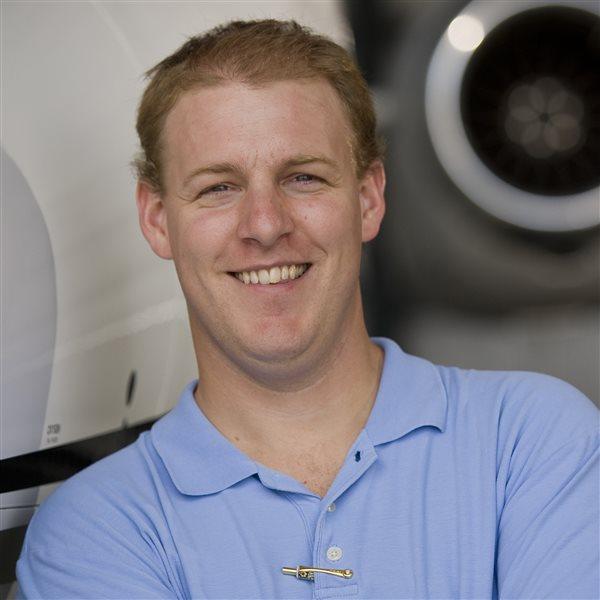Airline hiring agreements accelerate
Regional carriers are hiring
In times of good hiring, airlines and universities strike agreements that guarantee the student some sort of access. In the last boom, that was usually an interview once flight training was complete. But the hiring situation is now so desperate for the regional carriers that many are offering jobs to students while they are still in training, with the expectation that the student will work for the airline once he or she reaches the magic 1,500 hours.
LeTourneau University and PSA Airlines signed one such agreement the week of July 25. The agreement calls for PSA to begin interviewing students after they complete their instrument ratings, and an employment offer comes sometime before they graduate. Then the student instructs at LeTourneau, even though, according to a school representative, the salary and benefits are covered by PSA. The airline is looking to expand its fleet through 2017, as well as fill the ranks of pilots who have moved up to the major airlines.
Piedmont Airlines and Averett University recently struck a similar deal. Students will have the ability to flow from Averett to Piedmont, and up to their partner, American Airlines. Tuition reimbursement and a $15,000 employment bonus are part of the deal.
Meanwhile, ExpressJet Airlines is looking outside the traditional university environment for students at local flight schools. Nashville Flight Training said July 26 that it became the first partner school in the airline’s Preferred School Program. Benefits are similar to those at university programs.
Much of the pilot shortage is driven by senior captains at the major airlines who must retire under the age-65 rule. Delta continues to look for pilots in new ways, and the airline recently announced the establishment of its own ATP-CTP course. The course is a requirement to take the Airline Transport Pilot checkride, including pilots coming from the military. Delta says it is the first major airline to offer the course, which it sees as a way to ease the transition from military to civilian flying, and take care of a requirement for the airline to be able to employ experienced military pilots.
Ian J. Twombly is editor of AOPA Pilot and Flight Training magazines.




